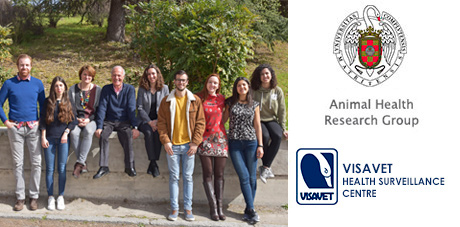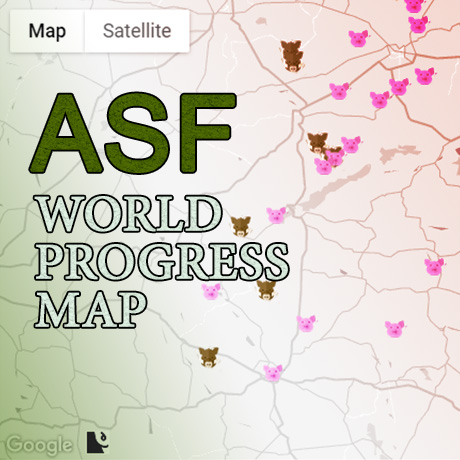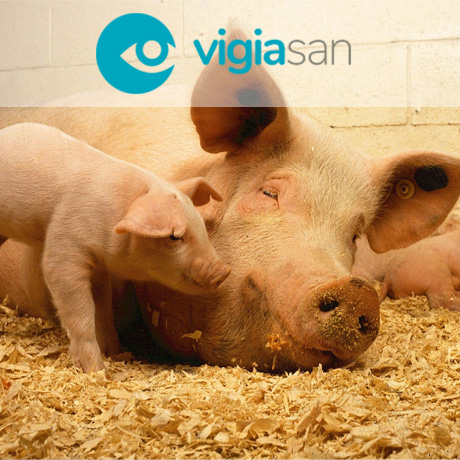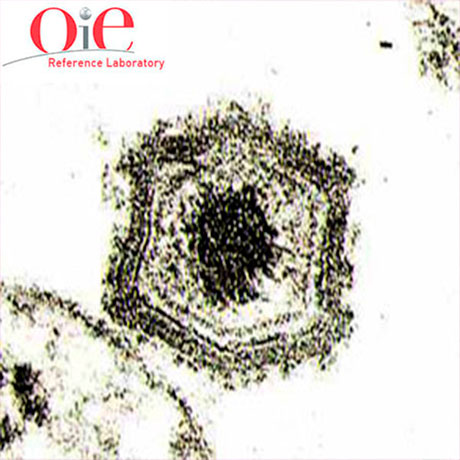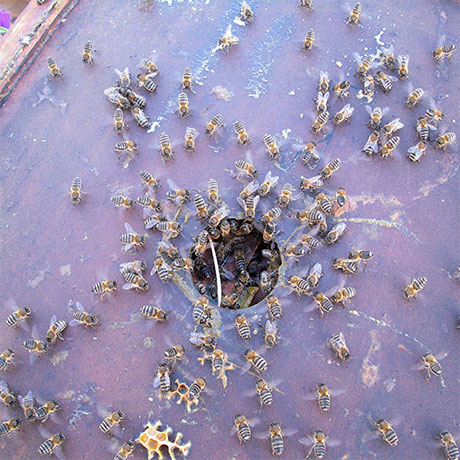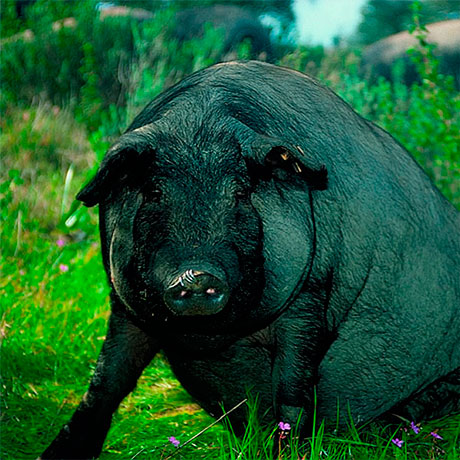IV Seminar in memoriam of Dra. Mª Jesús Muñoz Reoyo
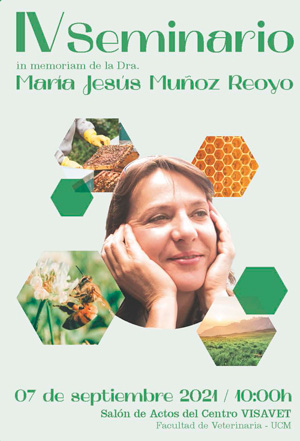 On September 7th, the IV Seminar in memoriam of Dra. Mª Jesús Muñoz Reoyo will be held at 10:00 am in the Assembly Hall of the VISAVET Health Surveillance Centre at the Faculty of Veterinary Medicine of the Complutense University of Madrid.
On September 7th, the IV Seminar in memoriam of Dra. Mª Jesús Muñoz Reoyo will be held at 10:00 am in the Assembly Hall of the VISAVET Health Surveillance Centre at the Faculty of Veterinary Medicine of the Complutense University of Madrid.
Its creation is a tribute in memoriam to Dr. María Jesús Muñoz Reoyo, a highly prestigious researcher who carried out numerous studies on bee health in the Department of Environmental Toxicology of the Animal Health Research Center (CISA) of the National Research Institute Agrarias (INIA), which started several lines of research that continue to this day.
The seminar will be attended by numerous specialists in the area of beekeeping and animal health.
Due to limited capacity, it is necessary to register in advance by contacting: This email address is being protected from spambots. You need JavaScript enabled to view it.
![]() Download programa del Seminario
Download programa del Seminario
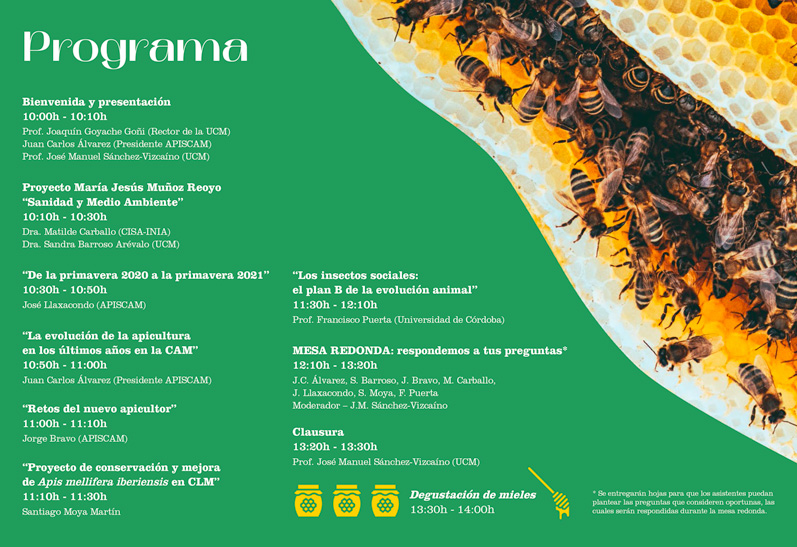
"ASF in the Dominican Republic is a risk for America, but let's not lose sight of Asia"

 In an interview for PORCICULTURA.COM, Dr. José Manuel Sánchez-Vizcaíno said he was concerned about the situation of African Swine Fever in the Dominican Republic, however, he emphasized that prevention work is key, and added that the virus is circulating strongly from Asia.
In an interview for PORCICULTURA.COM, Dr. José Manuel Sánchez-Vizcaíno said he was concerned about the situation of African Swine Fever in the Dominican Republic, however, he emphasized that prevention work is key, and added that the virus is circulating strongly from Asia.
First Detection of SARS-CoV-2 B.1.1.7 Variant of Concern in an Asymptomatic Dog in Spain
 Published in Viruses journal.
Published in Viruses journal.
Abstract: Natural SARS-CoV-2 infection in pets has been widely documented during the last year. Although the majority of reports suggested that dogs’ susceptibility to the infection is low, little is known about viral pathogenicity and transmissibility in the case of variants of concern, such as B.1.1.7 in this species. Here, as part of a large-scale study on SARS-CoV-2 prevalence in pets in Spain, we have detected the B.1.1.7 variant of concern (VOC) in a dog whose owners were infected with SARS-CoV-2. The animal did not present any symptoms, but viral loads were high in the nasal and rectal swabs. In addition, viral isolation was possible from both swabs, demonstrating that the dog was shedding infectious virus. Seroconversion occurred 23 days after the first sampling. This study documents the first detection of B.1.1.7 VOC in a dog in Spain and emphasizes the importance of performing active surveillance and genomic investigation on infected animals.
Barroso-Arévalo S., Rivera B., Domínguez L. and Sánchez-Vizcaíno JM.
Environment, vector, or host? Using machine learning to untangle the mechanisms driving arbovirus outbreaks
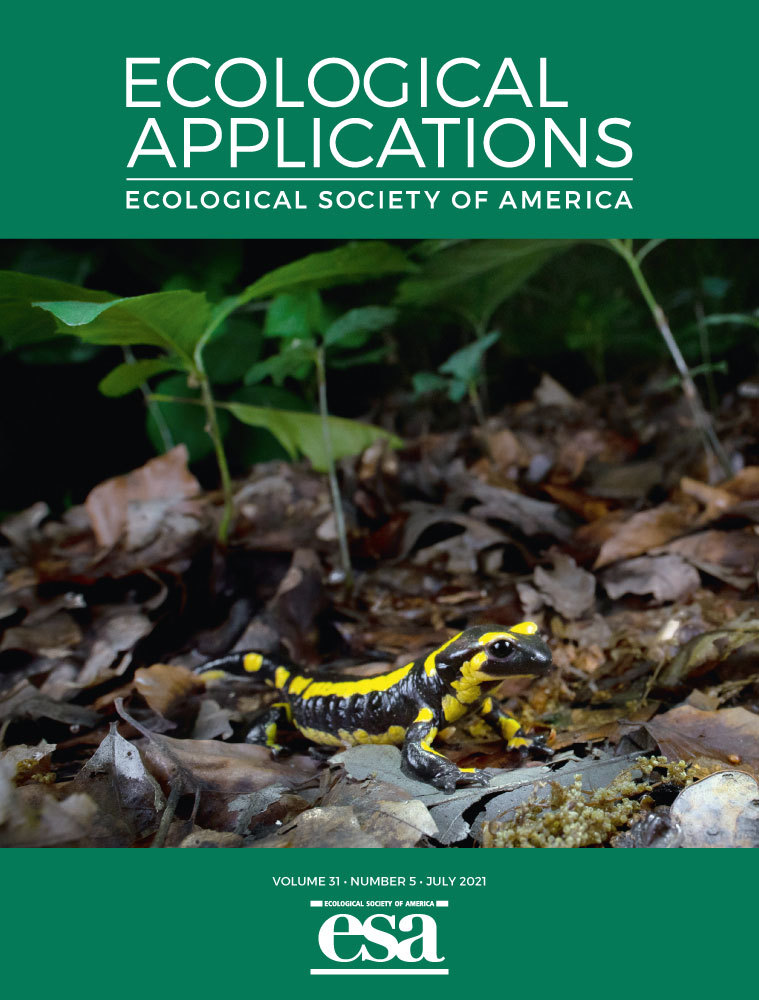
Abstract: Climatic, landscape and host features are critical components in shaping outbreaks of vector-borne diseases. However, the relationship between the outbreaks of vector-borne pathogens and their environmental drivers is typically complicated, nonlinear and may vary by taxonomic units below the species level (e.g., strain or serotype).
New research article in Parasites & Vectors
 A study of the composition of the Obsoletus complex and genetic diversity of Culicoides obsoletus populations in Spain
A study of the composition of the Obsoletus complex and genetic diversity of Culicoides obsoletus populations in Spain
Abstract:
Background: The Culicoides obsoletus species complex (henceforth 'Obsoletus complex') is implicated in the transmission of several arboviruses that can cause severe disease in livestock, such as bluetongue, African horse sickness, epizootic hemorrhagic disease and Schmallenberg disease. Thus, this study aimed to increase our knowledge of the composition and genetic diversity of the Obsoletus complex by partial sequencing of the cytochrome c oxidase I (cox1) gene in poorly studied areas of Spain.
Article dedicated to the VACDIVA project
Open Access Government digital journal published this article about the project.



